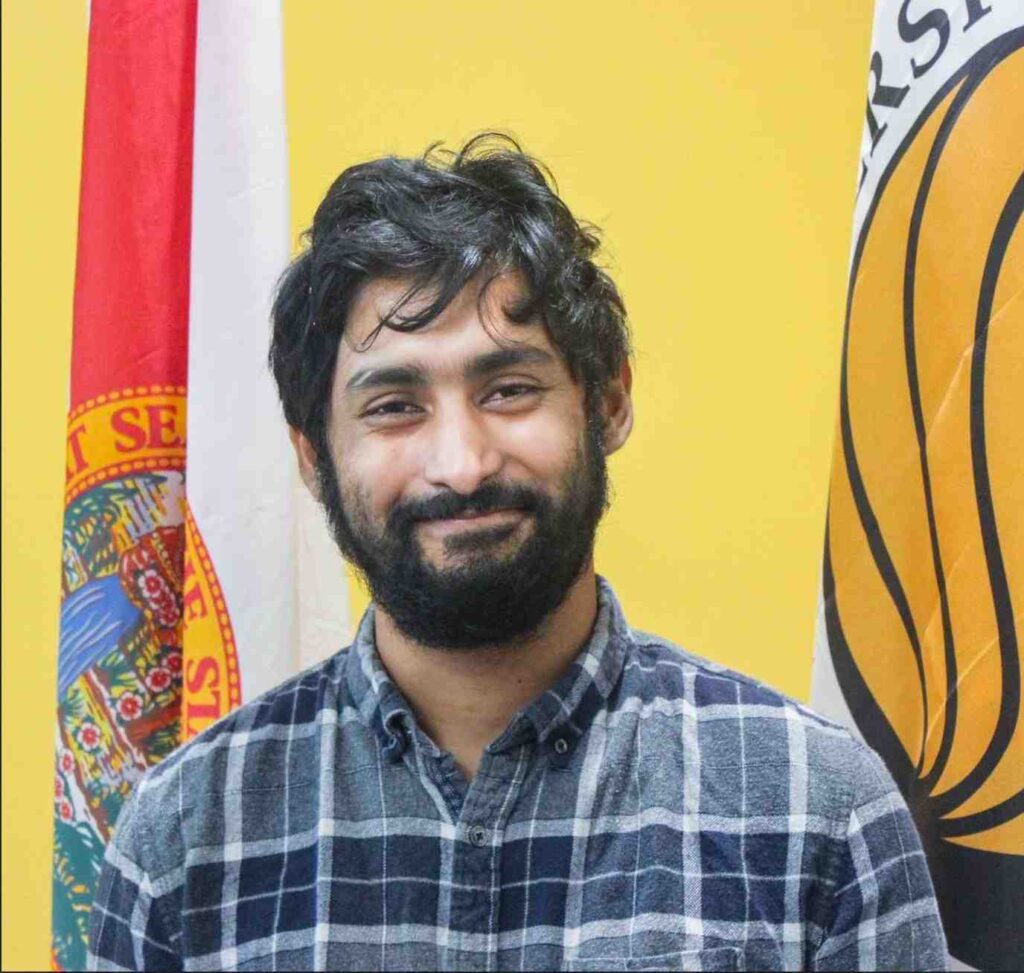Dr. Sambadi Majumder is a seasoned Data Scientist with a rich background in ecology, agronomy, and biology, currently based in South Royalton, Vermont. With a career marked by stints at prestigious institutions and companies such as NASA, Bayer, and Becton Dickinson and Company, Sambadi is adept in applying data science to complex ecological and agricultural systems.
From his doctoral research at the University of Central Florida to practical applications in the industry, Sambadi has consistently focused on the intersection of data science and environmental security. His work encompasses designing robust data pipelines, implementing advanced machine learning models, and generating actionable insights for sustainable agriculture, biodiversity conservation, and climate change mitigation. Notably, his contribution to the NASA DEVELOP program stands out, where he employed geospatial data for conservation efforts in Colorado’s Grand Valley region. His doctoral dissertation pertained to applying interpretable machine learning to addressing questions pertaining climate change, agriculture, ecology and evolutionary biology.
Sambadi’s technical proficiency spans a range of tools and languages, including R, Python, GIS methodologies, and various machine learning algorithms and frameworks.
Besides a Doctoral degree from the University of Central Florida, Sambadi also has also earned a Bachelor’s degree in Biotechnology from the West Bengal University of Technology and also a M.Sc. degree from the University of Giessen.
On his GitHub, visitors can explore the repositories that reflect the depth and breadth of his work, showcasing real-world climate-change oriented applications of data science.


